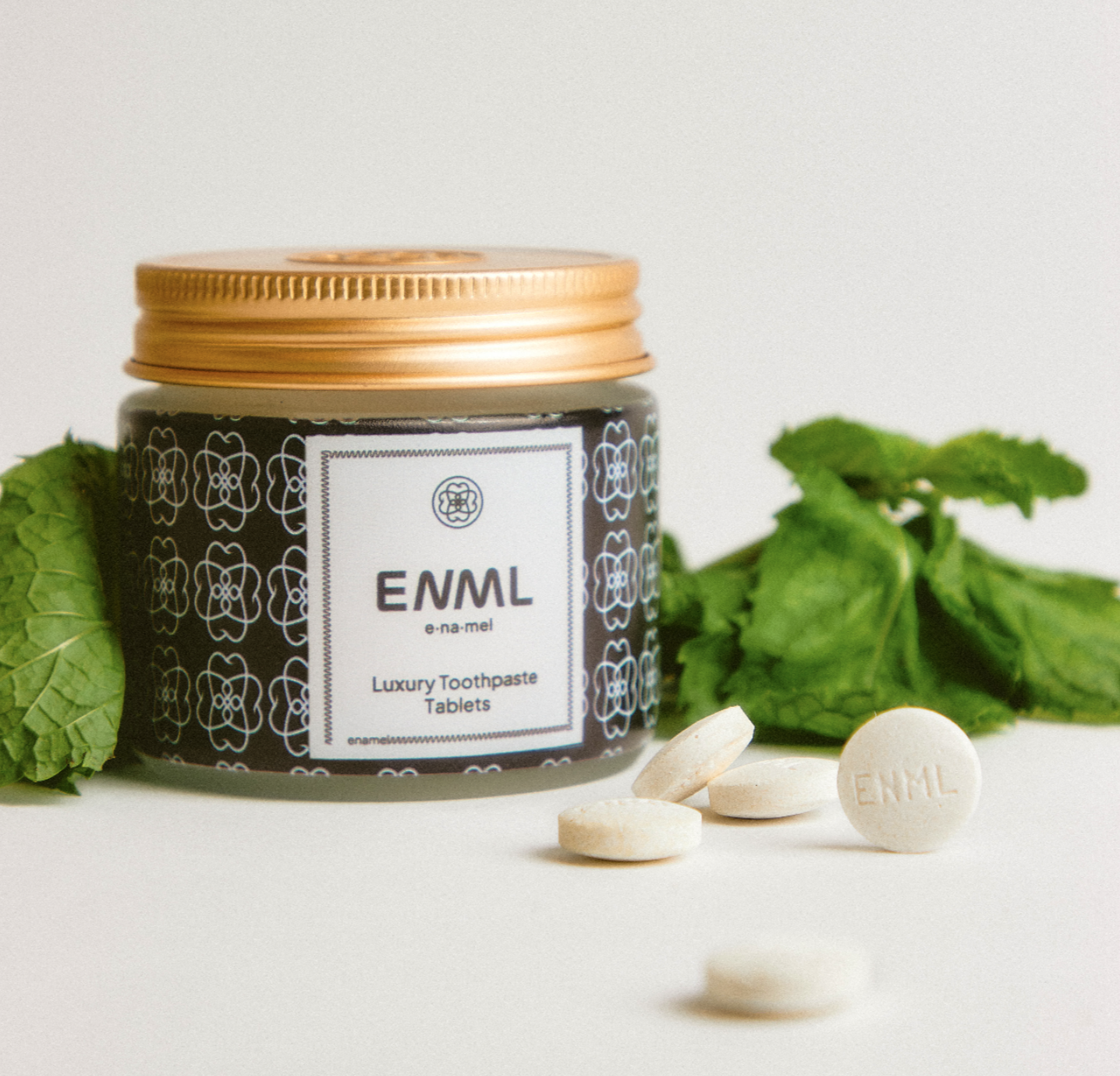With the new year often comes a resolution to improve oral hygiene, and flossing is a common focus. But if your gums bleed when you start flossing again, is that normal? Dr. Jordan Harper explains why bleeding gums are common for new flossers and how to build a habit that strengthens your oral health.
Is it normal for gums to bleed when starting to floss, and how long should it last?
Bleeding gums are a common sign of inflammation when starting or restarting a flossing routine. With consistent flossing, the bleeding should subside in about two weeks as your gums adapt and inflammation reduces.
💡Related Post: Why Flossing Matters: The Truth Behind "Only Floss the Teeth You Want to Keep"
Key Questions and Answers
-
Why do gums bleed when you start flossing?
Gums bleed due to inflammation caused by plaque buildup. Consistent flossing removes plaque and allows gums to heal, reducing bleeding over time. -
How long does it take for gums to stop bleeding?
Typically, bleeding subsides within two weeks of regular flossing as inflammation decreases and gums adapt to the routine. -
What can you do if your gums bleed while flossing?
Keep flossing daily and brush gently with a soft-bristle toothbrush. If bleeding persists beyond two weeks, consult your dentist. -
Why is flossing important for gum health?
Flossing removes plaque and food particles that can’t be reached with a toothbrush, preventing gum disease and maintaining healthy gums.
Conclusion
Bleeding gums when you start flossing is a natural response to inflammation and a sign that your gums need care. By sticking with your flossing routine, you’ll notice healthier, stronger gums within two weeks.
Make this year the one where your oral health thrives—Explore ENML’s Jar Collection and elevate your dental care routine today.
Transcript
Now, obviously, we have a new year coming up, so a lot of people put on their new year's resolutions that they're going to get back to flossing. When they get back to flossing at the beginning of the year, they're likely going to start bleeding. Is that a sign, and for how long should they Yeah, so, so if you are someone who doesn't floss, but needs to be flossing, those people are out there, right?
Um, yes, your gums will bleed. I mean, it's, it's no different than like a callus on your hand, right? Um, or a callus on your foot. Um, the gums sometimes need to toughen up a little bit. Um, and so there's probably going to be some moments where they're tender. Um, there's probably been some chronic inflammation in those areas if you haven't been flossing.
And so they probably bleed a little bit, but, um, after a couple of weeks, you gums shouldn't be bleeding. Everything should be back to status quo and you should be able to floss without bleeding.






